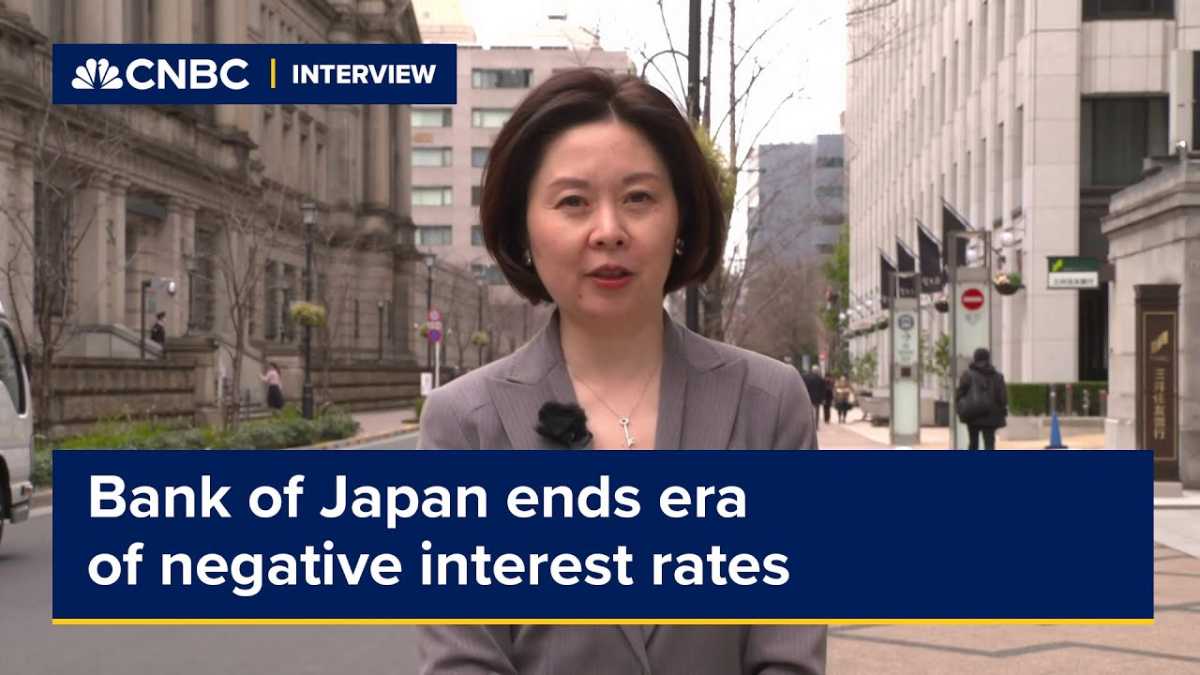Business
Bank of Japan Ends Negative Interest Rates Era with Historic Rate Hike

Japan has made a historic move by ending its negative interest rate policy through the Bank of Japan (BOJ), which has raised interest rates for the first time in 17 years, breaking away from an era of aggressive monetary easing to combat deflation.
The decision by the BOJ to raise short-term rates from negative to ‘around zero to 0.1%’ signifies a significant shift after employing unconventional monetary policies, including negative interest rates and large-scale asset purchases.
Recently, major Japanese companies such as Toyota and labor unions announced wage hikes, indicating signs of robust growth in wages that are crucial for the normalization of interest rates.
The landmark interest rate hike, the first since 2007, signifies the end of the negative interest rate policy that kept Japan as the last country to adopt such measures among central banks worldwide.
As part of its exit strategy from negative interest rates, the BOJ has also abandoned its yield curve control policy, introduced in 2016, which aimed to maintain accommodative financial conditions by keeping the yield on Japanese government bonds around 0%.
While Japan’s benchmark Nikkei 225 and the broader Topix index fluctuated following the news, the Japanese economy is expected to continue growing above its potential rate, driven by a strengthened virtuous cycle from income to spending.
The BOJ pledged to maintain a level of accommodative financial conditions for the foreseeable future while stating that it will closely monitor both domestic and overseas economic developments.
Despite the rate hike, the BOJ is not expected to engage in aggressive tightening cycles compared to other major central banks, including the United States, as it aims to manage inflation and support economic stability.
The Japanese yen depreciated following the BOJ’s move, underlining the market’s anticipation of the policy normalization, with analysts from Capital Economics not foreseeing further policy rate hikes in the near future.












